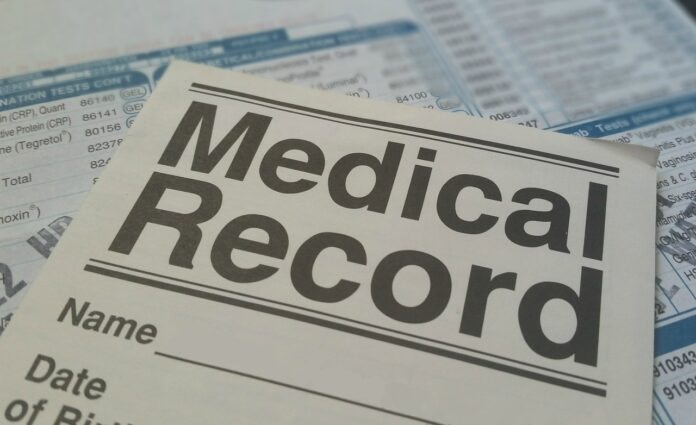- Analysis of GP notes reveals females are TWICE as likely to understand GP jargon than males
- Patients in Wales and aged 25-34 are among most bamboozled
- Public understanding is FIVE TIMES HIGHER with medical tech from Lexacom
A YouGov analysis exploring GP notes – such as those found on the NHS app – has revealed that almost 9 in 10 members of the public are confused by medical terms frequently used by healthcare professionals – and people in Wales are more perplexed than most.
The research, commissioned by voice-to-text technology provider Lexacom, asked participants to correctly match medical terms for symptoms such as watering eyes, shortness of breath and rapid, shallow breathing, to their layman description.
It revealed:
- Females were twice as likely to correctly interpret the GP notes than males (14% versus 7%)
- Residents in Wales ranked among the lowest in understanding, with only 9% choosing the accurate explanation
- Those in the South West came top, with 1 in 5 (20%) selecting the correct description
- Full time students had a better grip on medical terms (16%), compared to those who were unemployed (6%).
With GP notes more accessible than ever, there is significant risk that patients may misinterpret ‘normal’ diagnoses as a condition of concern, fuelling health anxiety.
Dr Andrew Whiteley is MD and founder of Lexacom. As a former GP, he knows all too well the fallout from this gap in understanding – and the hope for technology to bridge it. He explains: “While it’s positive that patients can access their own medical records with ease, such as via the NHS app, the issue is that medical terms describing non-serious issues, which are commonly used in a GP surgery, could cause real alarm to patients.
“Empowering patients to improve their health literacy must go hand-in-hand with giving access to medical notes, or it could add burden to an already-stretched healthcare system.
“And, crucially, a lack of health literacy has a knock-on effect for health inequalities. We know that people with a greater understanding of medical conditions have better health – and they’re more likely to have confidence in healthcare professionals treating them. It’s fundamental for patients to receive information they can easily, and accurately, process.”
Andrew established Lexacom in a bid to ease the admin burden on healthcare professionals, freeing them up to spend more quality time with patients – and its revolutionary medical dictation technology is already in use by over 25,000 UK GPs.
A unique ‘Comprehension Engine’ uses an NHS-specific dictionary and can automatically translate hundreds of medical terms into layman language. For example, ‘apyrexial’ in patient notes becomes ‘apyrexial (did not have a high temperature)’ and the term ‘epiphora’ would be followed with the detail ‘watering eyes’.
The YouGov study found that with medical notes dictated through this new technology, understanding among participants was five times higher (63% correctly understood the medical terms, versus 11% without using Lexacom’s platform).
Andrew continues: “It’s a win for patients, who have a better understanding of their own health because they can digest what is being communicated to them more easily. This means they are being guided by a trusted source, and don’t need to consult ‘Doctor Google’, and potentially be exposed to false or misleading health information.
“But importantly, it’s also a win for GPs, who tell us they can write more detailed notes than when manually typing out correspondence. It’s revolutionary because it’s highly accurate, it automatically assigns definitions to medical terms, and it recognises NHS coding too, so can streamline the whole patient journey.
“There are massive possibilities for how technologies can help improve patient-doctor relationships, and make a big difference to the healthcare system as we know it.”
Did you know?
The following common symptoms, and their official medical name:
- Watering eyes – epiphora
- Shortness of breath – dyspnoea
- Pinpoint pupils – miosis
- Rapid, shallow breathing – tachypnoea
- Low blood pressure – hypotension
- Raised blood pressure – hypertension
* All figures, are from YouGov Plc. YouGov is a neutral and independent organisation. Clients have no influence on the data collected or the results that are produced. Total sample size was 2,078 adults.. Figures have been weighted and are representative of all UK adults (aged 18+).
Help keep news FREE for our readers
Supporting your local community newspaper/online news outlet is crucial now more than ever. If you believe in independent journalism, then consider making a valuable contribution by making a one-time or monthly donation. We operate in rural areas where providing unbiased news can be challenging. Read More About Supporting The West Wales Chronicle


























